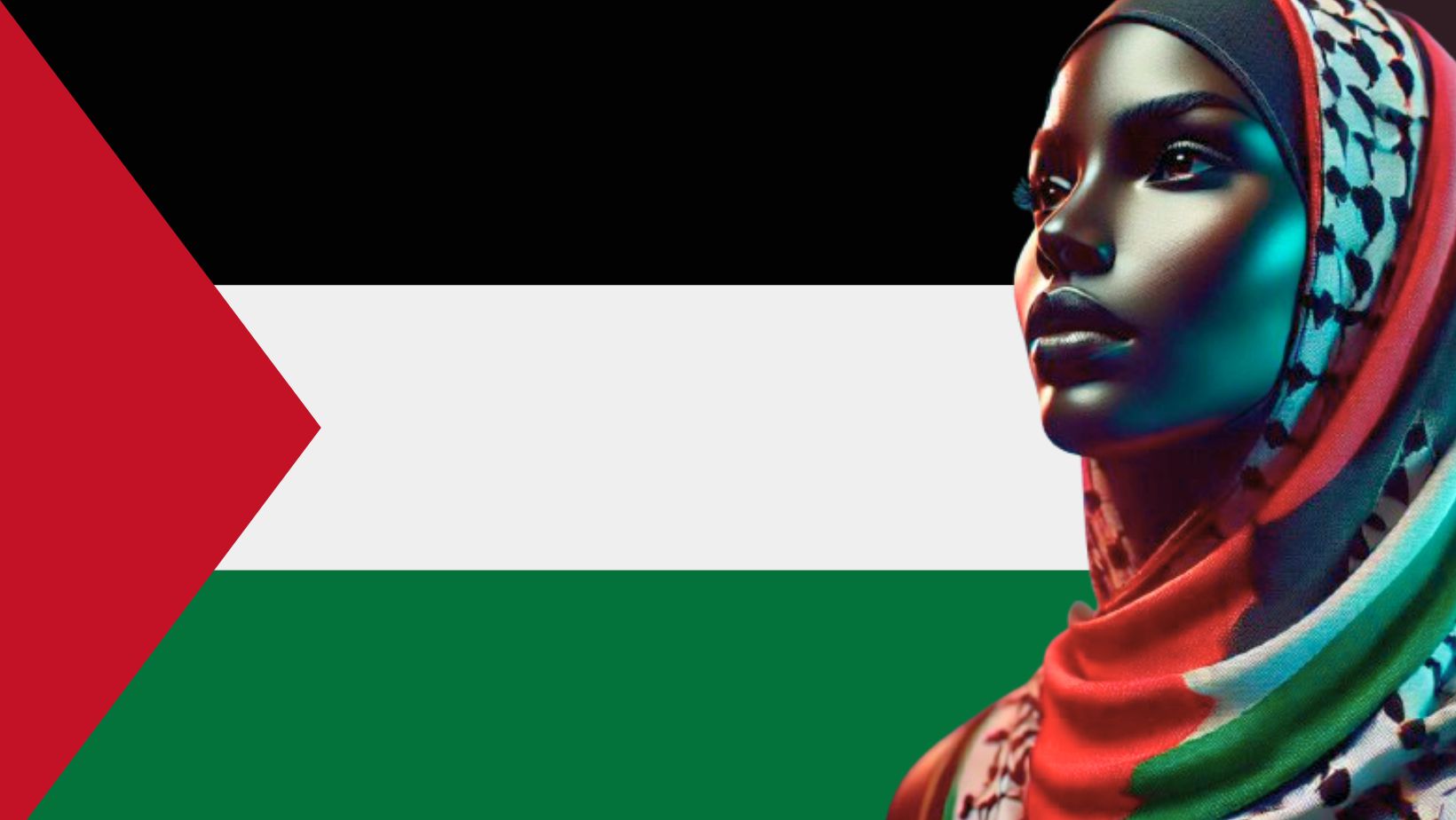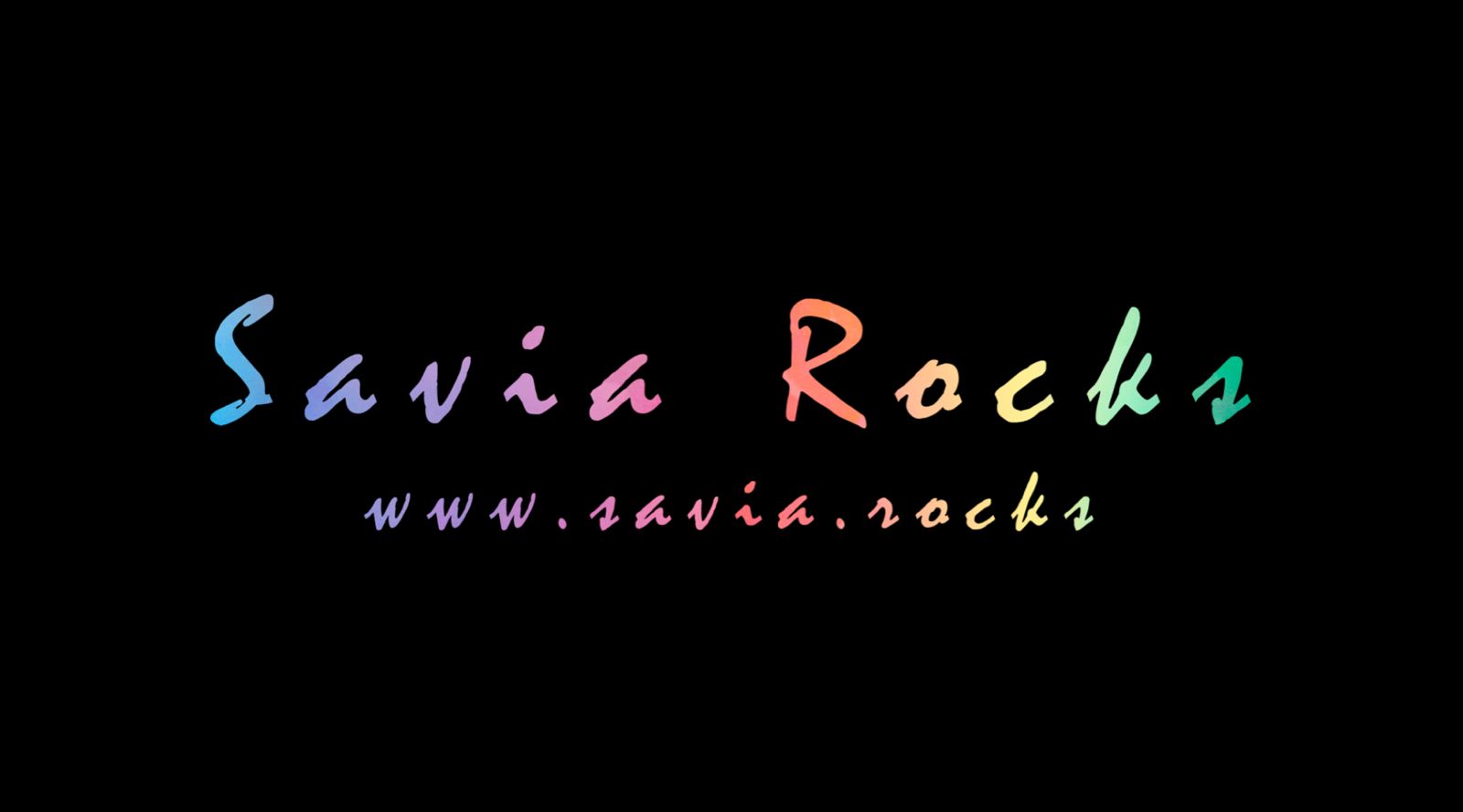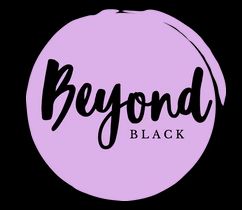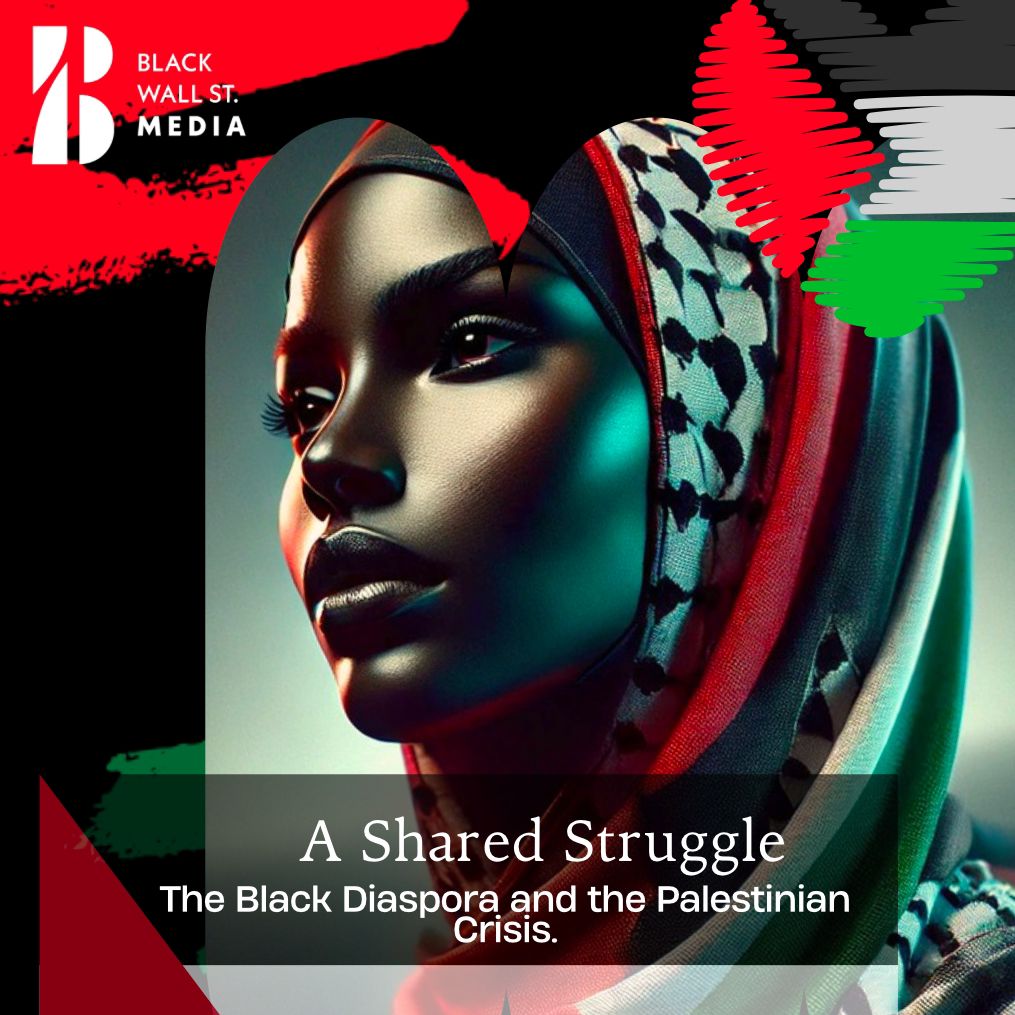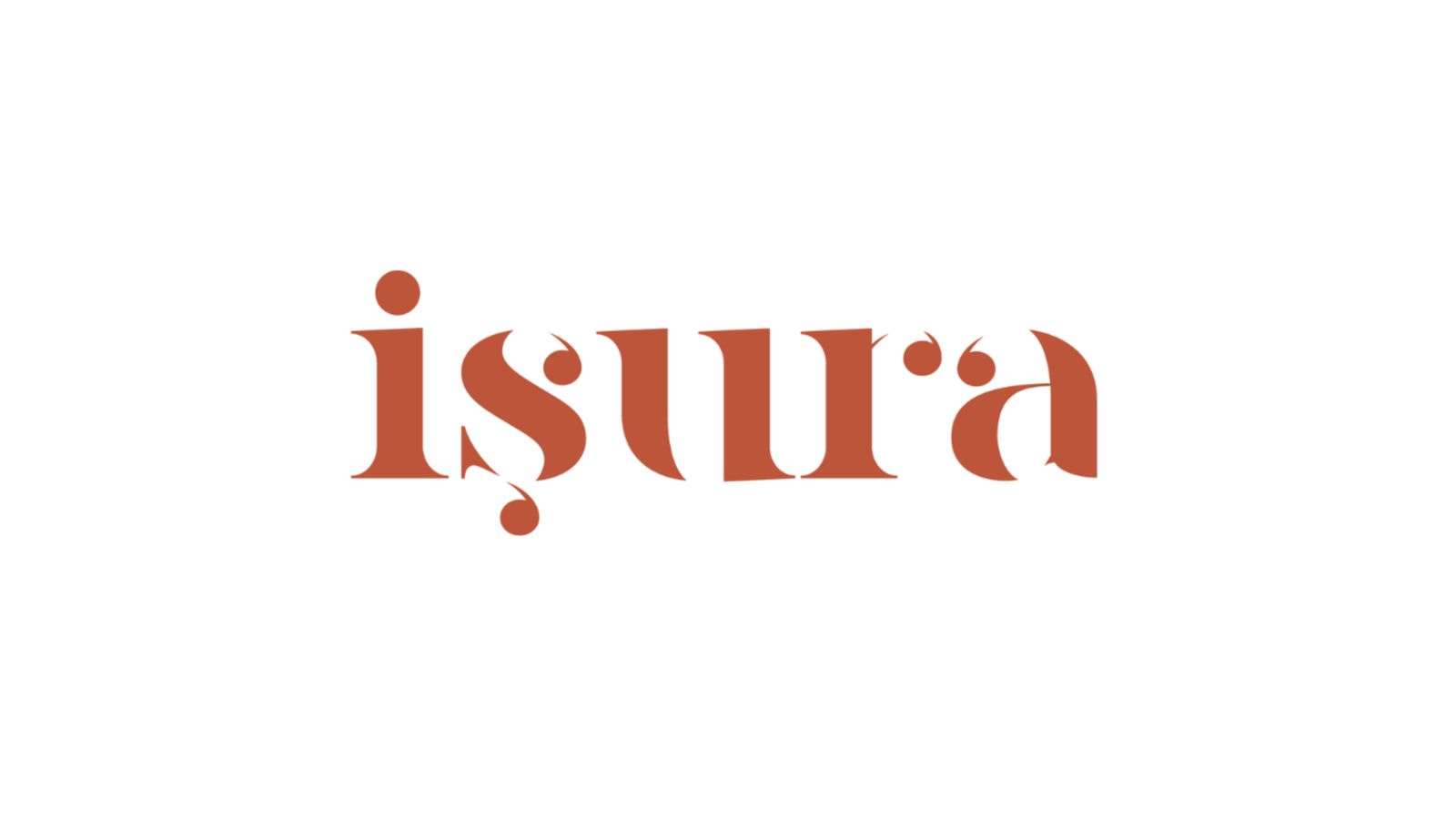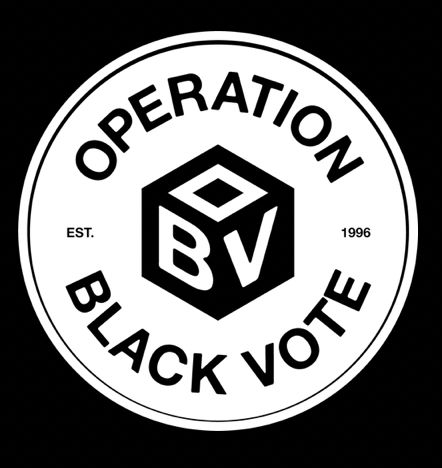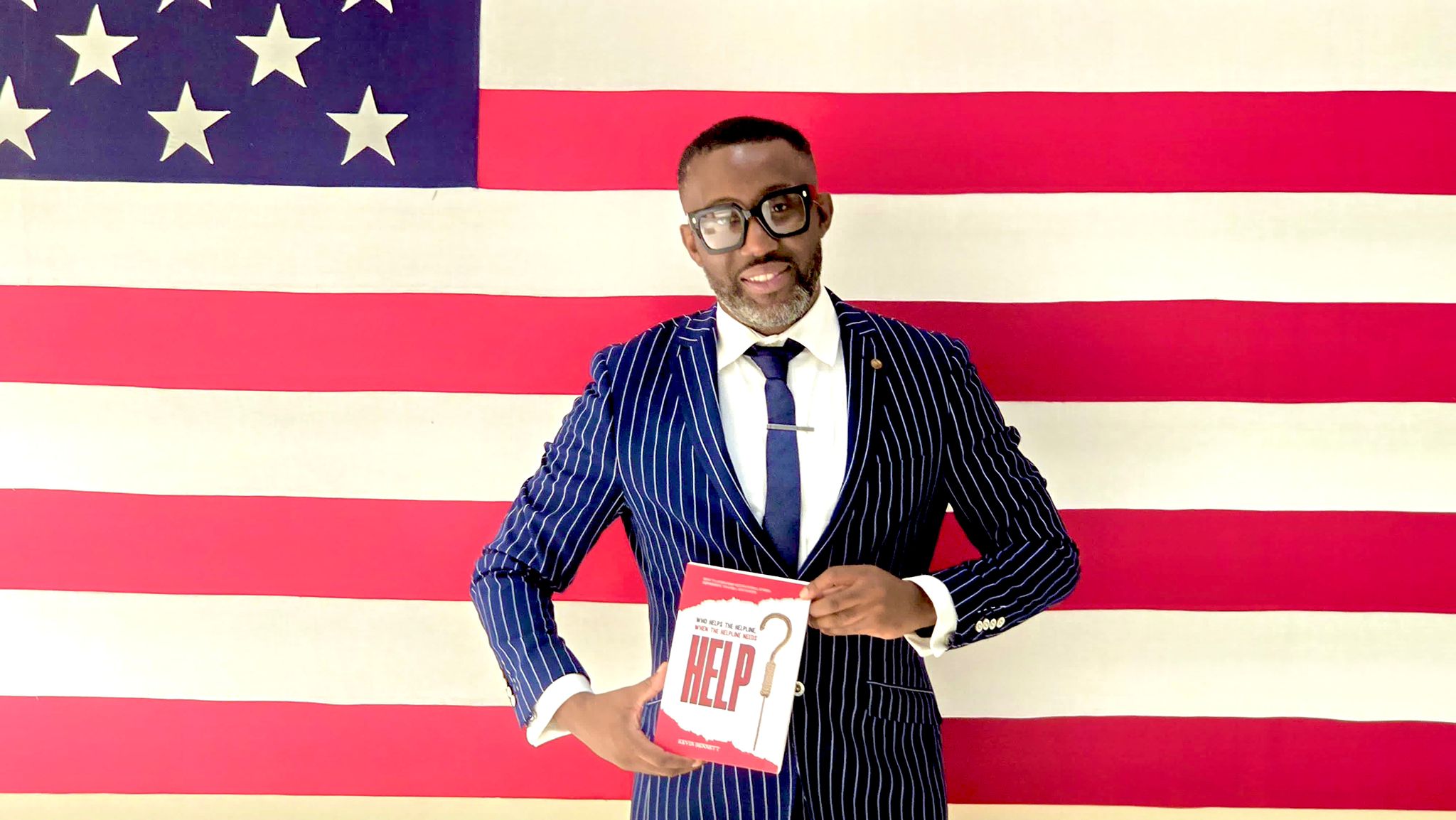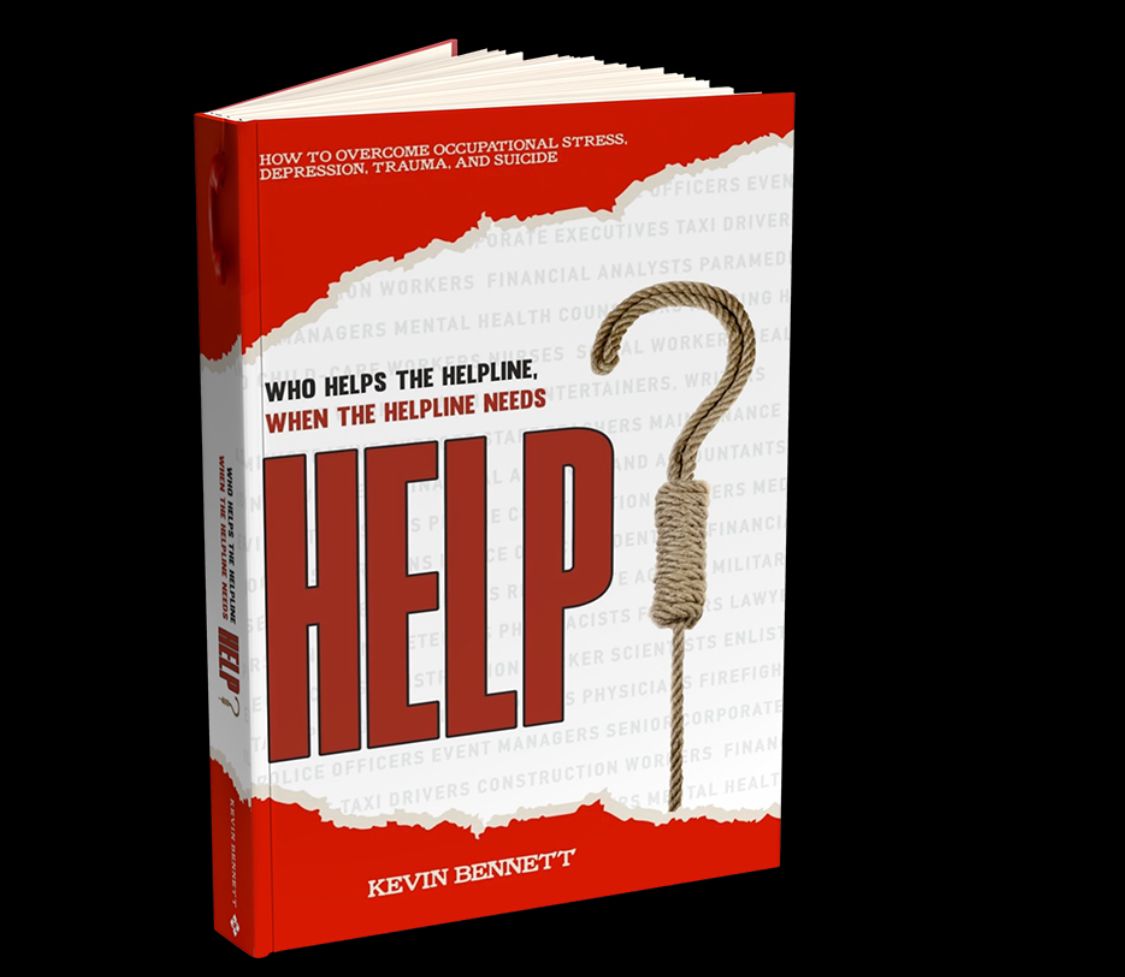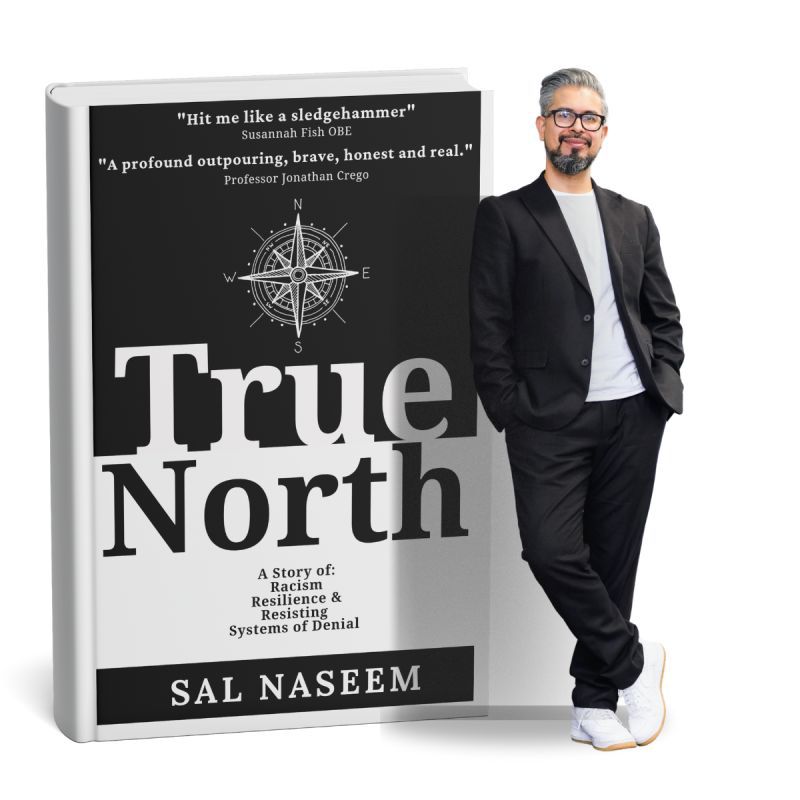Social Justice and Advocacy
The Black Diaspora and the Palestinian Crisis
“The fight for justice unites us all. The Black diaspora and the Palestinian people share a legacy of resilience against oppression, rooted in colonialism and systemic inequality. As Palestine endures an unimaginable humanitarian crisis, it’s time to reflect on our shared histories and stand in solidarity.
Read more about how these struggles intersect and why global advocacy is more critical than ever.”
DANIELLA MAISONEditor of Social Cause Issues
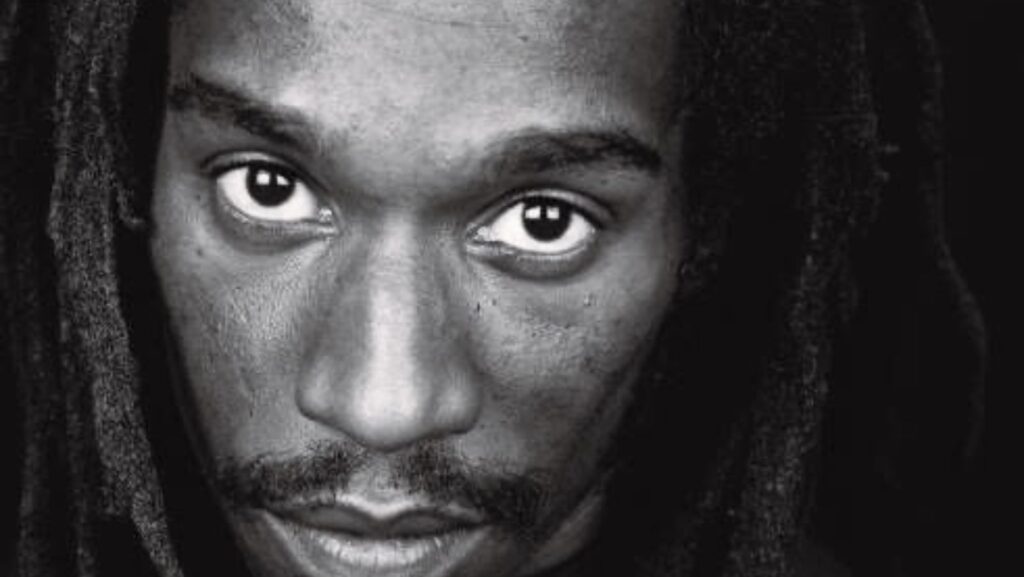
‘When I was young, there were two things that I really wanted to see; a free South Africa, and a free Palestine.’ Benjamin Zephaniah.
In the corridors of global socio-political discourse, two narratives of resistance often intersect yet remain under-examined in their mutual resonance: that of the Black diaspora and the Palestinian plight. While these struggles are rooted in distinctly unique histories and geographies, the threads of oppression, resilience, and solidarity weave a commonality that not only deserves our attention as a diaspora, but that demands our solidarity.
The recent situation in Palestine has reached unprecedented levels of horror, marked by an escalation of violence that has resulted in an unimaginable humanitarian crisis. The scale of devastation, with 46,000 lives lost in a 15 month onslaught (more than 10 times its count of losses in all previous Gaza conflicts since 2008) and entire neighbourhoods reduced to rubble, paints a bleak picture of suffering that seems to grow more dire by the day. What makes this bleak moment in history particularly harrowing is not only the staggering loss of innocent lives but also the brutal tactics employed, including targeted airstrikes on densely populated areas, which exacerbate the already dire conditions faced by civilians.
The 1967 Arab–Israeli War rocketed the question of Israel and Palestine onto the front pages of American newspapers. Black Power activists saw Palestinians as a kindred nation, waging the same struggle for freedom and justice as themselves. Soon concerns over the Arab–Israeli conflict spread across mainstream black politics and into the heart of the civil rights movement itself. Black Power’s transnational connections between African Americans and Palestinians deeply affected black politics, animating black visions of identity well into the late 1970s. As diaspora, when we look to the Black Power movement, we are looking at a philosophy that was shaped by the Palestinian struggle.
Historically, the Black diaspora has shown a profound commitment to the Palestinian cause. Figures such as Angela Davis, Malcolm X, Muhammad Ali, have highlighted the interconnectedness of their struggles. Angle Davis has articulated how the fight against racism in America is intrinsically linked to the fight against apartheid in South Africa and, by extension, to the Palestinian struggle for liberation. These interconnections remind us that oppression knows no borders.
Benjamin Zephaniah was a modern day champion for the Palestinian cause. As a proud ‘African man’, The commonality of Palestine was never lost on him. Benjamin devoted years of his life to campaigning for and visiting Palestine. He documented his experiences in Rasta Time in Palestine. The book included a photo of Zephaniah with Nelson Mandela. When he expressed a desire to see a “free South Africa and a free Palestine,” he was drawing parallels between the struggles against colonialism, oppression, and systemic racism faced by both South Africans under apartheid and Palestinians under occupation.
Colonialism is a key component. The Balfour Declaration was issued on November 2, 1917 and resulted in a significant upheaval in the lives of Palestinians. The declaration turned the Zionist aim of establishing a Jewish state in Palestine into a reality when Britain publicly pledged to establish “a national home for the Jewish people” there. Like so many corners of Africa and her diaspora, Palestine was hijacked and occupied without a thought for those who already inhabited it.
The second prevailing sentiment—or rather, the absence of one—is the utter inability of Israeli society to feel any empathy for the population of Gaza. The majority, it seems, do not even want to know what is happening in Gaza. Israeli television news begins with reports on the funerals of soldiers, described as heroes, who have fallen in the attack on Gaza, followed by estimates of how many Hamas fighters were “liquidated”. In the face of so much death, this deafening media silence seems like its own form of vengefulness.
Despite its military power, wealth, and ongoing, blatant violations of human rights, Israel continues to promote a narrative of victimhood. Britain also displays an inherent bias when it comes to the reporting on Palestinians. The Daily Mail, who have consistently reported from an Israeli perspective throughout, announced the recent ceasefire as: ‘The heinous crimes of Hamas’s Palestinian prisoners now set to be freed as part of the Israel-Gaza ceasefire deal in exchange for hostages.’
The Daily Mail is not a Zionist newspaper, it’s a British one, and like so many of the historic fires that burn ablaze across the modern world, Gaza was the victim of British iniquity.
The Balfour Declaration meant that by a stroke of the imperial pen Britain was responsible for the tragedy of Palestine, the cause of much war, suffering and the displacement of peoples as well as posing a continuing threat to world peace. Hence, our media has coverage of the war has shown a consistent and profound bias against Palestinians.
The Black diaspora, forged in the fires of colonialism and slavery, has long fought against systemic racism, economic disenfranchisement, and cultural erasure. Similarly, the Palestinian people have endured decades of military occupation, dispossession, and a denial of their right to return.
The parallels are stark: both groups have faced the brutalities of state-sanctioned violence and systemic marginalisation.
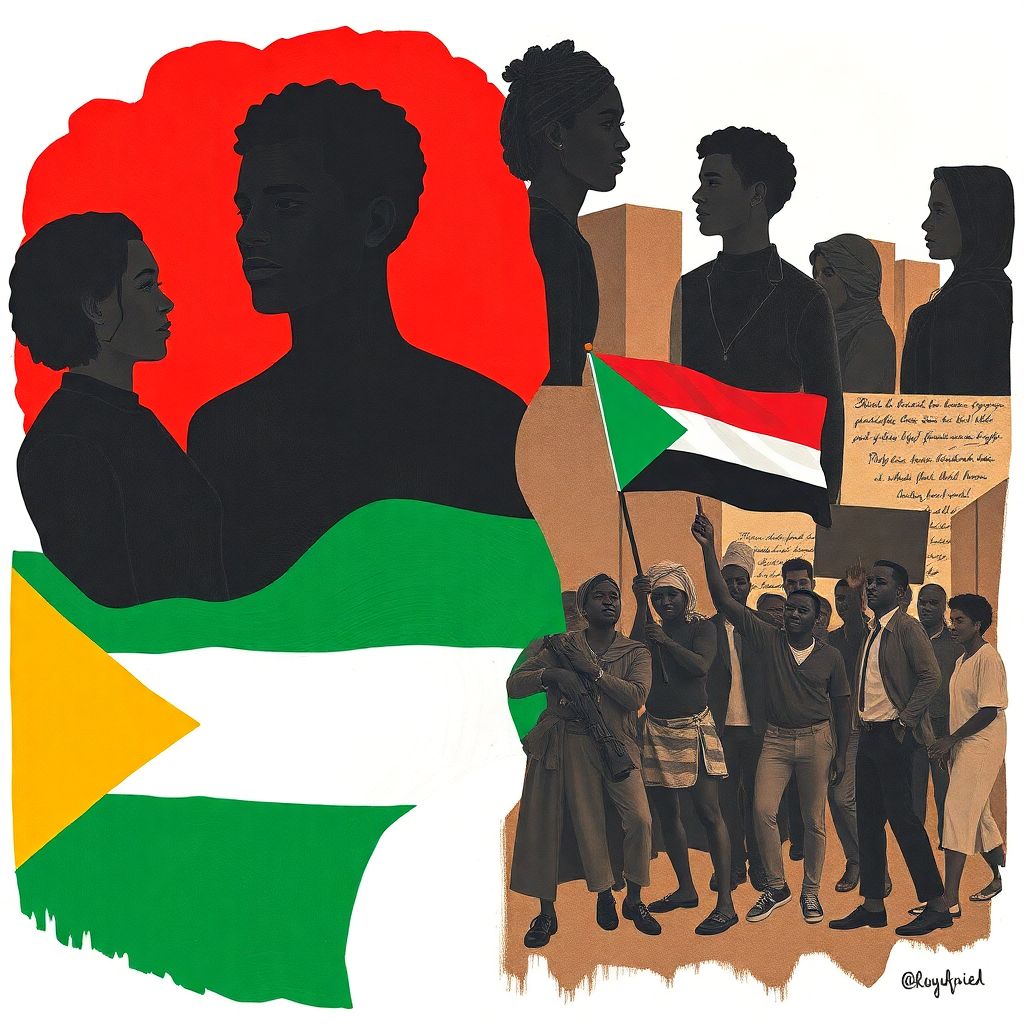
When the Black community’s advocates for Palestine, we do so not only in recognition of shared suffering but also in defiance of the structures that perpetuate inequality. The systems of capitalism and imperialism that have historically exploited both Black and Palestinian communities are deeply intertwined.
Those of us who have wept throughout the latest round of ethnic cleansing that began on Oct. 7, 2023, breathed a short sigh of relief when the 6-week ceasefire was announced last week. After sixteen months of conflict, death and destruction, the long awaited six-week, three-phased truce agreement brokered by Egypt, Qatar and the US will be implemented on Sunday. The delivery of immediate aid and humanitarian assistance for Palestinians could not come soon enough.
It is important to stress that the deal is a fragile truce not a cessation of the conflict. It will require continued monitoring and accountability from the negotiating parties. In short, the massacre is not over. Palestine still needs us.
In 1946, Abdul Rahman Hassan Azzam said of Palestine that one day there would be ‘a war of extermination and momentous massacre which will be spoken of like the Mongolian massacre and the Crusades.” Some 80 years later, Netanyahu declared ‘We will turn Gaza into a deserted island. We will target each and every corner of the strip.’
One day our children will ask us where we were, and what we did, when Palestine was obliterated as the scene of some of the worst atrocities committed in the 21st century.
The world should care about Palestine not merely as an isolated conflict but as a critical chapter in the ongoing narrative of human rights and dignity. As we witness the harrowing images of suffering and displacement taking place before our eyes and in our lifetime, it is crystal clear that indifference is not an option; the humanitarian crisis unfolding in Palestine speaks to our shared humanity.
When we look away from the injustices faced by the Palestinians, we risk normalising a reality where the rights of any group can be trampled without consequence. History teaches us that silence in the face of oppression breeds complicity.
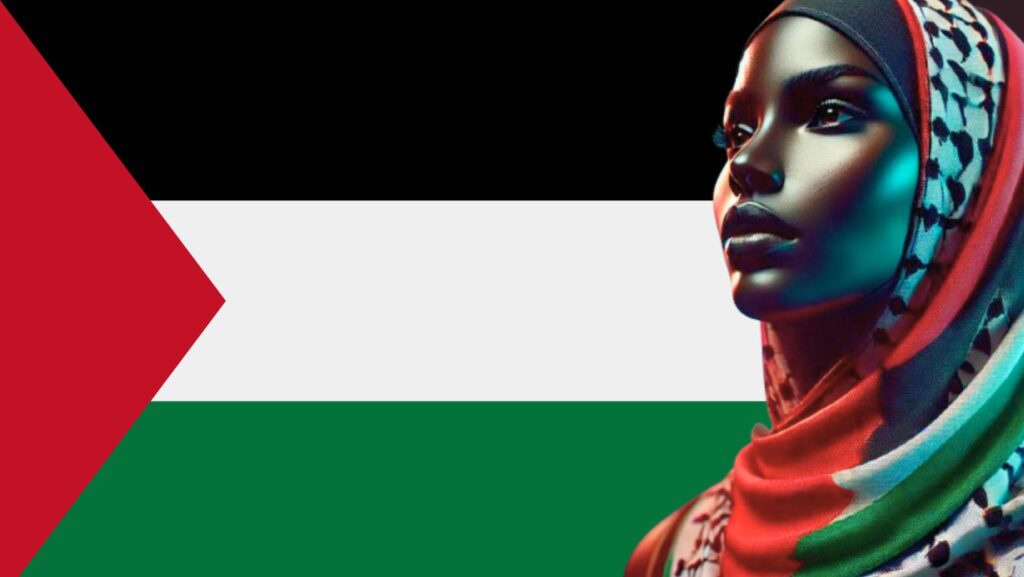
The world’s attention to Palestine is not just an act of empathy; it is a commitment to upholding the values of justice, equality, and peace for all.

